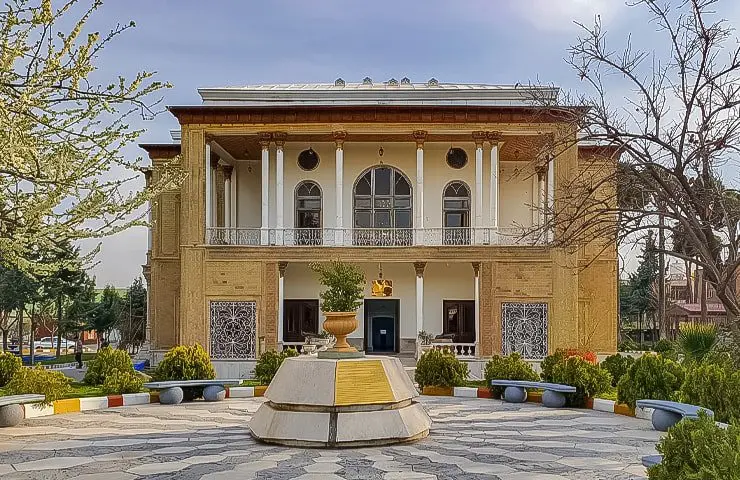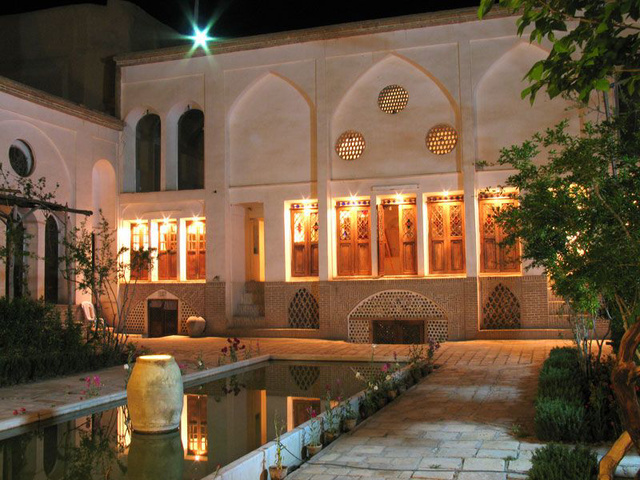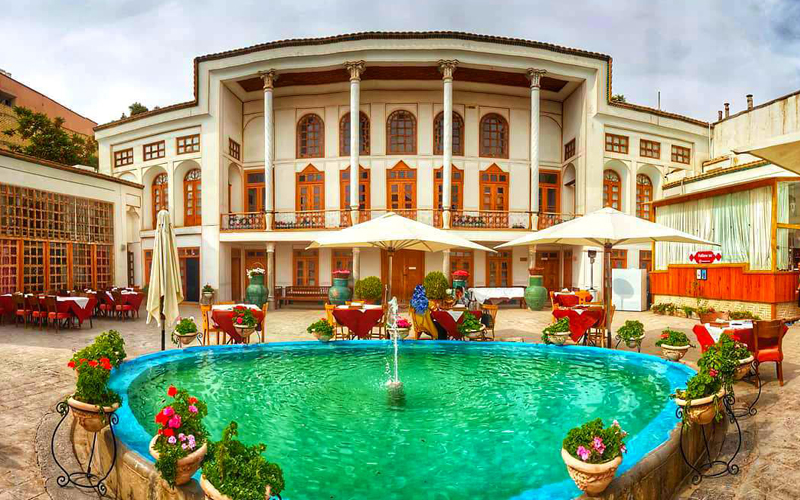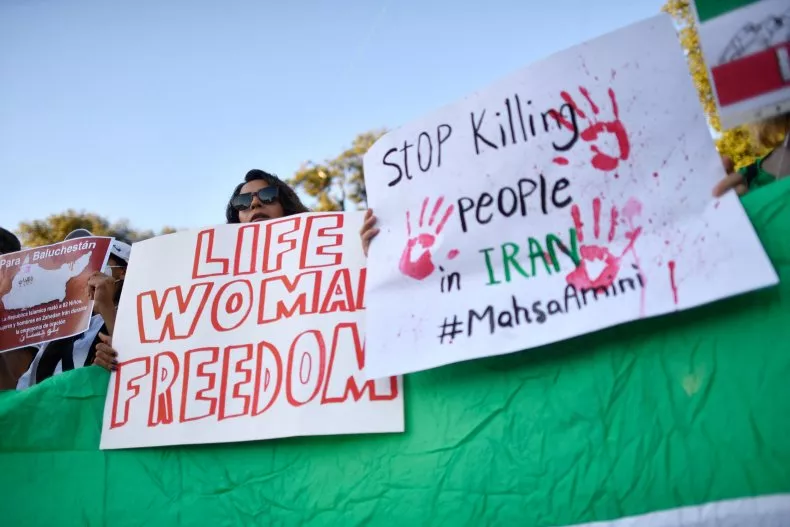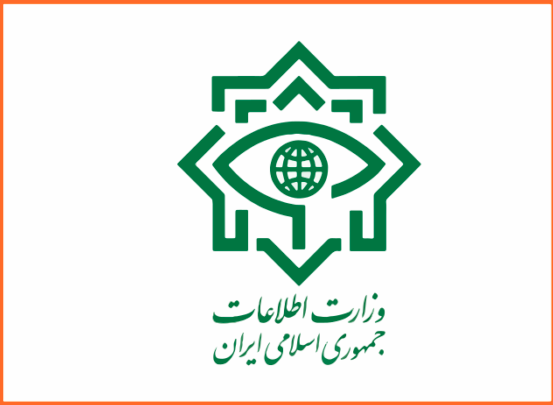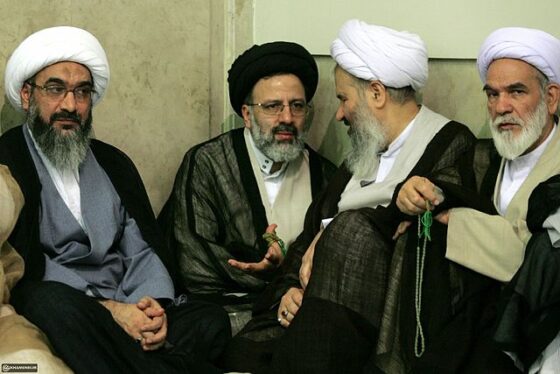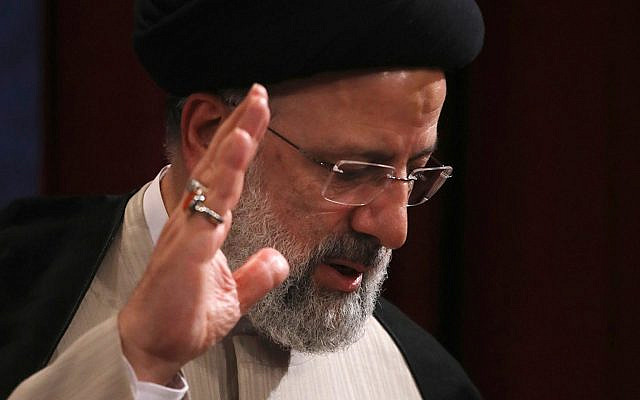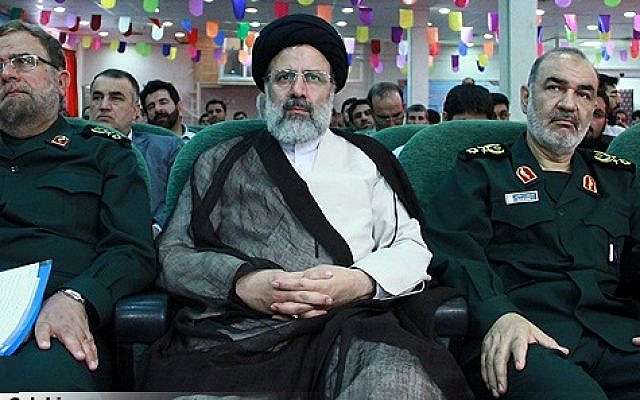General election 2019: What impact on UK security and intelligence?
Published on: 2019-12-01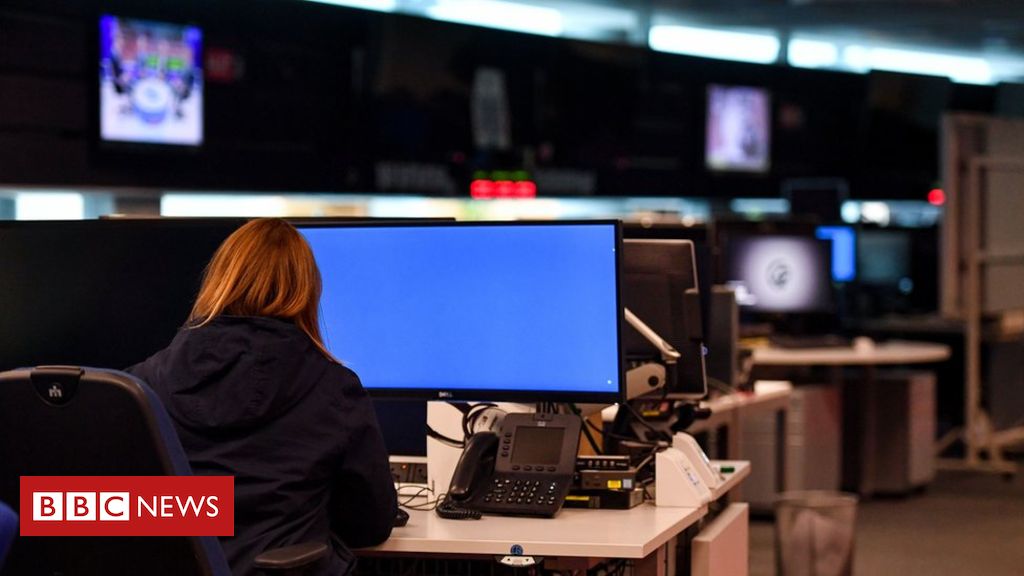
 Image copyright
Image copyright
PA Media
UK intelligence agencies, including GCHQ (pictured), have close ties with their US counterparts
Would a change of government alter the UK’s security and intelligence relationships?
Yes. And no. If that sounds like an evasive politician’s answer, that’s because there are many layers to this question.
When an attack takes place, like the one around London Bridge on Friday, all parties rightly come together in their condemnation of the perpetrator and the underlying extremist ideology that inspired him.
But when it comes to the more nuanced areas of human rights, international humanitarian law, intelligence partnerships and just who Britain should be friends with around the world, then there are clear differences between the parties, especially when it comes to the Middle East.
The UK has an extraordinarily tight intelligence partnership with its closest ally, the United States.
MI6 works alongside the CIA on numerous cases; Britain’s GCHQ shares petabytes of data with its US equivalent, the NSA. At a working level, say insiders, very little would change, whoever is in power in Downing Street. Life would go on as normal.
Domestically, within the three UK intelligence agencies – MI5, MI6 and GCHQ – political neutrality is overseen by extensive parliamentary and management checks. Lord Carlile, the former Independent Reviewer of Terrorism Legislation, believes this will carry on, whichever party comes out on top after 12 December.
“The parliamentary and management checks [on the political neutrality of the agencies] are extensive. I would expect this to continue,” he told the BBC.
“I believe that co-operation would continue at a high level, subject to the UK government confirming shared policies. However, there would be a period of assessment and discussion in which allies would seek a clear understanding of any changes of policy.”
Impact on relationships
But politics do, inevitably, play a role in national security and foreign policy, and direction comes from the top. When Labour came to power in 1997 under Prime Minister Tony Blair, relatively little changed towards the Middle East – one of his first overseas trips was to Saudi Arabia, where he was warmly welcomed. But Jeremy Corbyn’s public statements would indicate a significant change of direction, notably towards Israel, Saudi Arabia and the Gulf states.
“If there were a radically different foreign policy and a radically different set of political partners internationally,” says John Raine, a former senior national security official, “then that would inevitably impact upon security and intelligence relationships.”
The UK has a number of close security, defence and intelligence-sharing partnerships in the Middle East, which could well be revised under a change of government. Mr Raine, though, points out that this could change, once power changes hands.
‘Of course governments – once they are constituted in power and have access to material conversations and consultations which they don’t have when they are not – can sometimes come up with less radical plans than they had when they were not in power,” he says.
So what are these differences when it comes to the Middle East?
Saudi Arabia – a clear divergence
This is arguably the area of clearest divergence between the two major parties when it comes to Britain’s partnerships in the Middle East. A change of government could, potentially, mean a complete handbrake turn in relations.
Saudi Arabia, despite its much-criticised human rights record and its controversial aerial bombing campaign in Yemen, is officially viewed as a UK ally. Whitehall officials say this is for both strategic and commercial reasons. The Saudis have been, over several years, Britain’s biggest trading partner in the Middle East, including buying billions of pounds’ worth of arms, supporting tens of thousands of UK jobs, and investing in hundreds of UK joint ventures.
They also share the West’s mistrust of Iran and exchange counter-terrorism intelligence on violent jihadists. In 2010, a Saudi spy inside al-Qaeda in Yemen, provided the timely tip-off which led British police to find a bomb hidden inside a printer ink cartridge at East Midlands Airport, primed to detonate over the eastern United States.
Closely intertwined with Saudi Arabia are Britain’s links with neighbouring Gulf Arab states, notably Bahrain and the United Arab Emirates (UAE). RAF jets have been operating out of UAE bases, and the Royal Navy now has a permanent base in Bahrain, HMS Juffair. Any change in policy towards Saudi Arabia would probably have a knock-on effect on UK relations with the rest of the Gulf.
Image copyright
Getty Images
The murder of Saudi journalist Jamal al-Khashoggi prompted a muted response from the UK
The current UK policy is a continuation of the decades-long British approach, adopted by successive Labour and Conservative governments, of pursuing defence and trade deals with the Gulf Arab states while holding off on all but the mildest of public rebukes for their shortcomings on human rights. The UK has yet to take any significant action in the wake of the murder of journalist Jamal-al Khashoggi in 2018.
Today, Labour in opposition takes a different approach, publicly accusing Saudi Arabia of violating international humanitarian law in Yemen and calling for a halt to arms sales, pending a full investigation. Those UK arms sales are currently suspended after a Court of Appeal ruling. Senior Saudi officials have said if sales are halted permanently, then they will procure their arms from elsewhere.
Israel – a regional intelligence network
Israel and the UK share intelligence on a regular basis. Israel, whose relations with the Gulf Arab states have recently warmed due to their shared fear of Iran’s growing influence and its nuclear programme, has an unsurpassed intelligence network across the region.
Whitehall officials have said privately that this flow of intelligence would probably be restricted under a Corbyn government. What difference would this make? Sir Mark Lyall Grant, a former UK national security adviser, says it needs to be seen in a global context.
“Israeli intelligence, although very important and valued by the intelligence community in the UK, is nothing like as important as the relationship with the United States,” he cautions.

Media playback is unsupported on your device
Iran – a major intelligence target
Ever since the Islamic Revolution rocked Iran in 1979, relations between London and Tehran have swung somewhere between tension and open hostility. Royal Navy sailors and Marines have been captured at sea and paraded on camera before being returned. For nearly four years (2011-2015), the British embassy in Tehran was closed after being stormed by an angry mob. This year there were profound suspicions in the West that Iran was behind the mysterious attacks on oil tankers and refining facilities in the Gulf.
In today’s ongoing regional rivalry between Iran and Saudi Arabia, Britain and other Western powers have firmly backed the Saudis. Iran is a major intelligence target for UK agencies, mainly due to its nuclear programme, which it insists is peaceful, but also due to its covert overseas operations conducted by the Revolutionary Guards’ Quds Force.
Image copyright
Reuters
The activities of the Iranian Revolutionary Guard Corps are closely watched by British intelligence
So what would change under a different government?
In all likelihood, any future government would instruct the Joint Intelligence Committee (JIC) to continue tasking the agencies to spy on Iran’s covert nuclear activities. There would also be ongoing concern about Iran’s poor human rights record and the detention of dual nationals like Nazanin Zaghari-Ratcliffe.
A senior researcher and expert on Iran, Ellie Geranmayeh, at the European Council on Foreign Relations (ECFR) believes the human rights issue alone would make it hard for any British government to normalise relations with Iran. But she also contends that a Corbyn government would mean a more even-handed stance towards the two big rivals in the Middle East: “I think on a geo-political level we’re likely to see, at least at minimum, a much more balanced position from the UK on the Saudi-Iran rivalry that’s at play in the region.”

